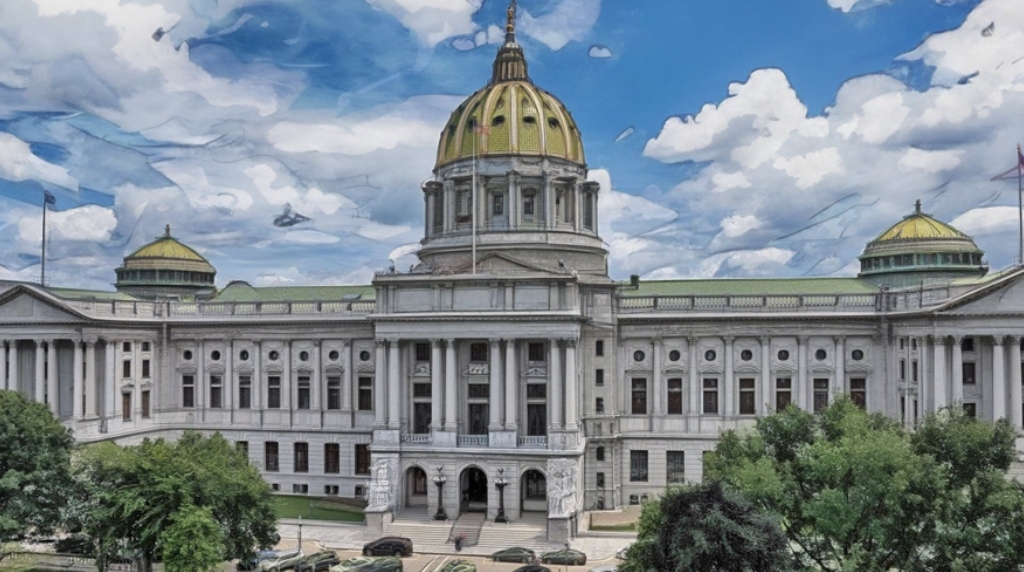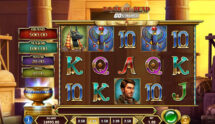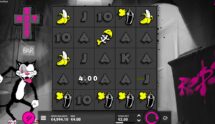Pennsylvania Bill Allows New Slot-Like Games but Would Not Tax Them
State Representative Kerry Benninghoff (R-171) has introduced House Bill 1619, a new proposal to regulate skill games in Pennsylvania. Remarkably, the legislation does not include an additional tax on the machines.

PA representaive supports Bill on Skills Games.
Key Facts:
- House Bill 1619 clashes with proposal from Gov. Shapiro
- No taxes on skill games if bill passes in Pennsylvania
- Governor hopes for steep taxes on such gaming activity over 50%
This legislative approach in the Keystone State with HB 1619 is markedly different from other efforts, including proposals from Governor Josh Shapiro (Democrat), who has called for taxing the games at rates of a whopping 52%.
Benninghoff had foreshadowed the bill in April with a legislative memo indicating that the measure would avoid any “special” tax targeting skill games. With HB 1619 officially introduced, the legislation seeks to maintain the current taxation method through existing sales and income tax laws, avoiding any new levies or fees.
The bill contains a clause that explicitly blocks new taxes unless they are authorized within the bill itself:
No additional taxes or fees, including amusement taxes, shall be imposed on the placement or operation of a skill game or on the revenue generated by a skill game terminal unless specifically authorized under this act.– House Bill 1619, PA legislation, General Assembly of Pennsylvania website
One notable provision in the bill is its attempt to grandfather in all existing machines currently operating across Pennsylvania. While HB 1619 references imposing limits on both the types of establishments that can host skill games and the number of terminals allowed per location, it does not define those thresholds, leaving those specifics to be determined by the Pennsylvania Department of Revenue.
Under the proposed legislation, the Department of Revenue would be tasked with regulating the industry, including licensing and distribution of machines throughout the state. The bill outlines a licensing structure with 10-year terms at varying costs based on the license type:
- Distributors: $50,000 (renewal: $25,000)
- Operators: $5,000 (renewal: $1,000)
- Establishments: $250 (renewal remains $250)
While HB 1619 seeks to establish a long-term framework for oversight, its absence of new taxes stands in contrast to other active proposals. Earlier this year, Governor Shapiro’s budget address advocated for a 52% tax rate on skill games, which would be far higher than the 16% proposed by Sen. Gene Yaw or the 35% rate suggested by Sen. Chris Gebhard.
With the June 30th deadline for passing a budget looming, it’s uncertain whether any comprehensive skill game legislation will be finalized in time. In the meantime, skill games continue to be permitted under a December 2023 Commonwealth Court decision, which may remain the de facto legal framework into 2026 if lawmakers fail to act.

 Book of Dead GO Collect by Play’n GO: New Slot Preview
Book of Dead GO Collect by Play’n GO: New Slot Preview
 Hot Ross by Hacksaw Gaming: New Slot Release Preview
Hot Ross by Hacksaw Gaming: New Slot Release Preview
 $1.6B Super Bowl Trading Sparks Prediction Market Debate
$1.6B Super Bowl Trading Sparks Prediction Market Debate